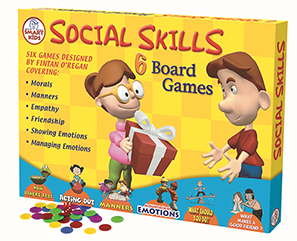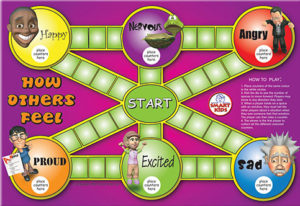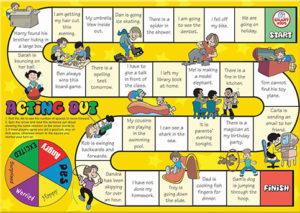This piece was originally posted at www.aba-interventions.com.
- Reduce the amount of words used to explain yourself. During early learning, instead of “Tommy, I need you to pick up the green ball from under the table” try “pick up the ball.”
- Be concrete! The ASD brain sees the world in very black and white terms. It is best to speak in literal language to get your ideas across. Individuals on the spectrum often need specific training on how to understand idioms, metaphors and other popular phrases. Say exactly what you mean and what you want your child to do. Instead of “Run over and get your ball” try “get your ball.”
- Pair your voice with positive words! When your child hears your voice, you want them to think good things are available (not just task demands). When you use your words, tell your child what they SHOULD be doing not what they should NOT be doing. For instance, instead of yelling “Tommy, stop throwing Phil’s ball at Chuckie’s head!” try “let’s toss the ball into the hoop!” (This takes practice, patience and training!).
- Turn your voice OFF. Use nonverbal prompting as much as possible when your child is engaging in challenging behaviors. Make sure you are not reinforcing behaviors by giving them attention.
- Avoid using your child’s name when placing demands! This pairs his name with demands being placed. How responsive would you be if your name was always ONLY followed by “do my laundry, drive me to the movies, make me lunch!” Work on using your child’s name mostly with praise.
- During challenging behaviors, avoid asking for verbal responses. It is best to place demands that you can prompt immediately to ensure instructional control.These were my tips from an old blog, but worth publishing again!
About The Author
Elizabeth Ginder, MSSW, BCBA, LBA is the Clinical Director of ABA Interventions, LLC. Elizabeth specializes in working with children ages 2 through early adulthood. She has experience working with children diagnosed with intellectual and developmental disabilities, as well as children with severe, challenging behaviors. Elizabeth also has a strong background in parent, teacher and staff training. Her focus is on verbal behavior, skill acquisition and teaching children how to have fun! You can find more information on ABA Interventions at their Facebook page or at www.aba-interventions.com.



